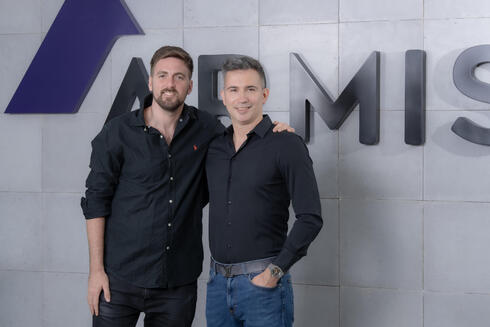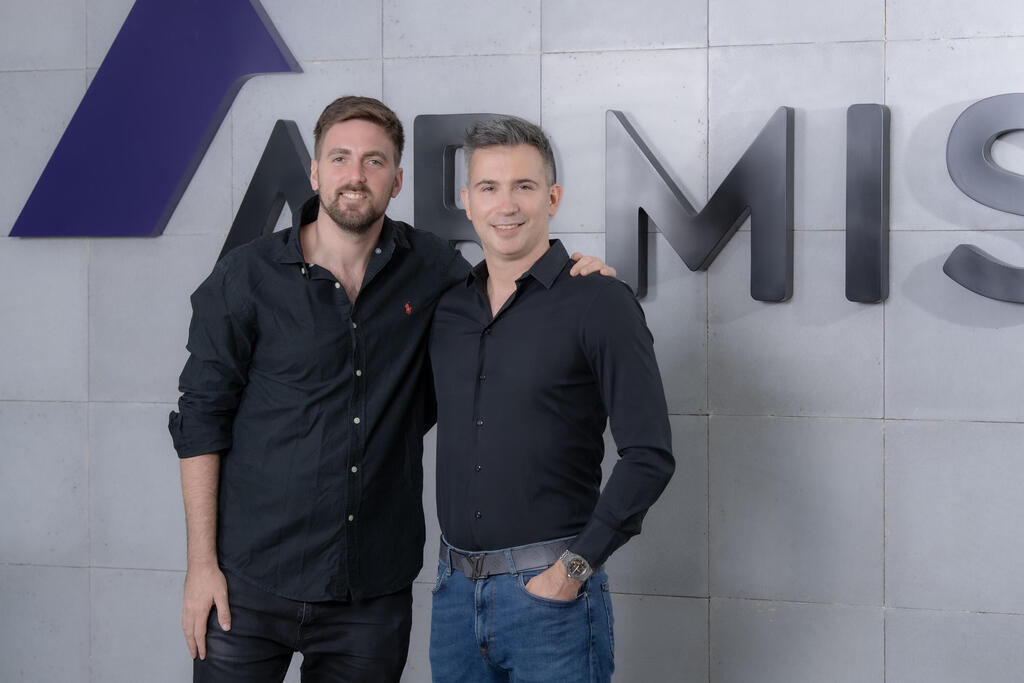
$750M payouts at DriveNets, Armis signal a growing liquidity trend in tech
When IPOs stall, secondaries let unicorns keep talent happy, and cash flowing.
$750 million flowed into the pockets of employees and investors at two Israeli high-tech companies recently, as both executed large secondary transactions, investment rounds in which investors do not put money into the company’s coffers but instead buy shares directly from employees or existing shareholders.
The most significant deal was a $650 million investment by American communications giant AT&T, which bought shares from employees and investors in the Israeli technology unicorn DriveNets, founded by Ido Susan and Hillel Kobrinsky. The exact amount received by employees is undisclosed but believed to be substantial.
The second deal, reported by Calcalist on Wednesday, involved cybersecurity company Armis Security, founded by Yevgeny Dibrov and Nadir Izrael. Armis completed a $100 million secondary round exclusively for hundreds of its employees. Workers sold only 15% of their holdings, pocketing sums ranging from tens of thousands to several hundreds of thousands of dollars, while still retaining a significant stake in the company. Armis is currently valued at $4.5 billion and plans to go public in 2026. This is the second consecutive year Armis has enabled employees to sell part of their shares, giving them meaningful liquidity while bringing in new investors without diluting other shareholders.
In addition, Cyberstarts recently announced the launch of a $300 million secondary fund to buy employee shares across its portfolio. Unicorn Cato Networks also included a secondary component for employees in its latest funding round worth tens of millions of dollars.
An alternative to exits and IPOs
While secondary sales for employees at large high-tech companies are not new, deals of this scale, hundreds of millions of dollars, remain rare. Many startups allocate a small portion of a funding round for employee liquidity, but this usually totals tens of millions at most. Larger secondary rounds can provide crucial liquidity to employees and early investors, especially at a time when significant exits are scarce and IPOs remain on the horizon. For many companies, secondary deals are one of the only ways to reward veteran staff or retain key talent. In Armis’s case, the entire $100 million round was dedicated solely to employees, not to founders or early investors.
Massive secondary rounds were common during the boom years of 2020 and 2021, when companies raised huge sums and investors, eager for any stake, were willing to buy shares from founders and employees at lofty valuations. Today, the landscape is different. Both Armis and DriveNets have solid revenues in the hundreds of millions annually, with significant enterprise agreements. For these mature companies, large secondary sales have become a practical tool to reward and retain talent beyond regular salaries.
Is there a downside to this trend? Not necessarily. When high-tech workers cash out, a ripple effect boosts the local economy: they invest in real estate, support struggling tourism sectors, and increase demand for local services. The money often quickly recirculates into the wider economy. As with many things in high-tech, once one company sets the tone, others are quick to follow. It is likely that we’ll see a sharp rise in secondary rounds dedicated to employees in the coming months, spurred, in part, by workers pressing their companies to offer similar opportunities to those enjoyed by their peers at other unicorns.














